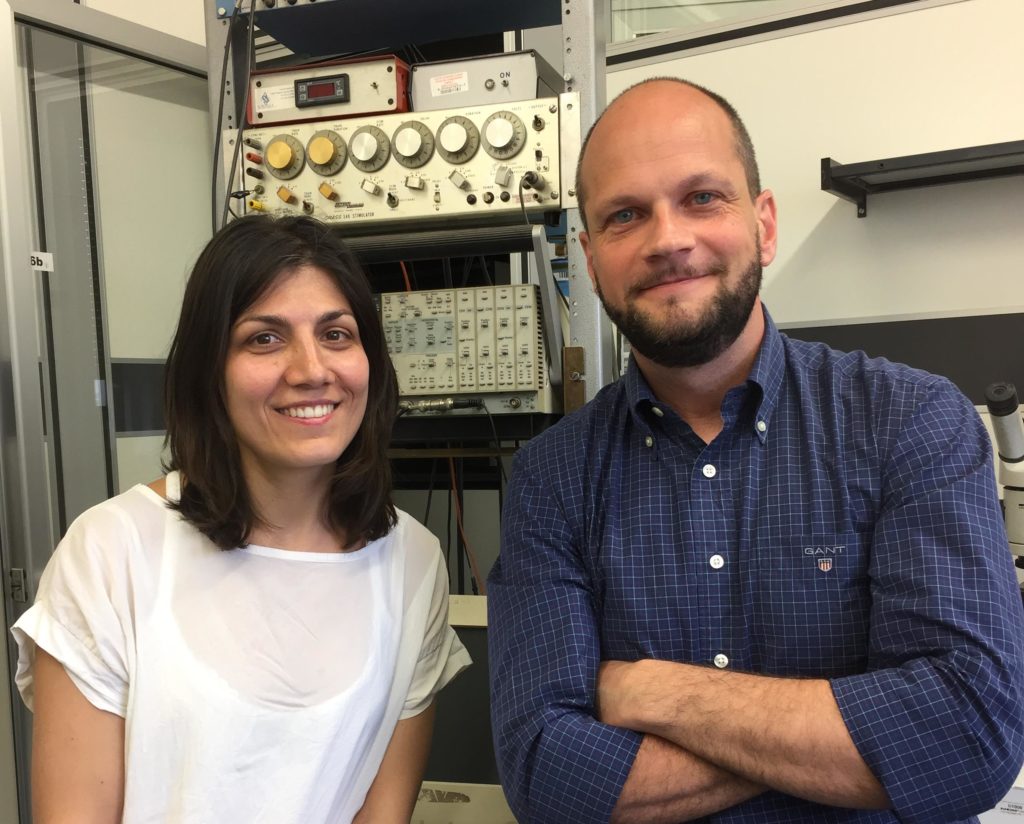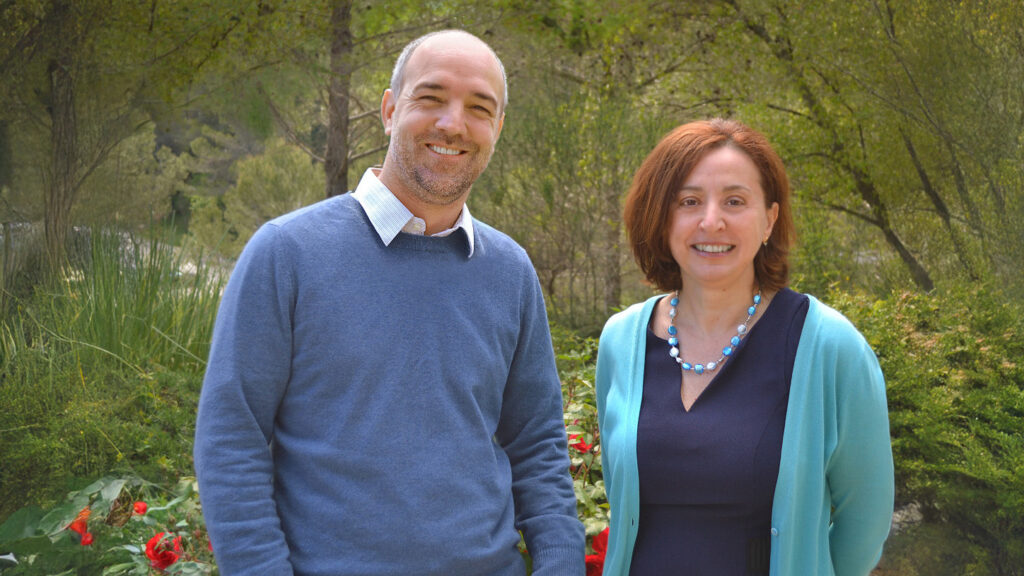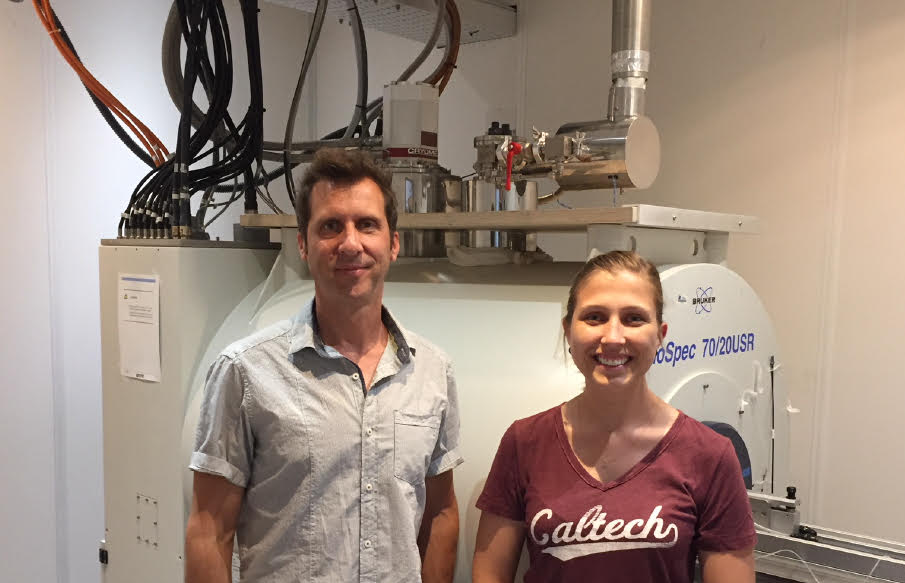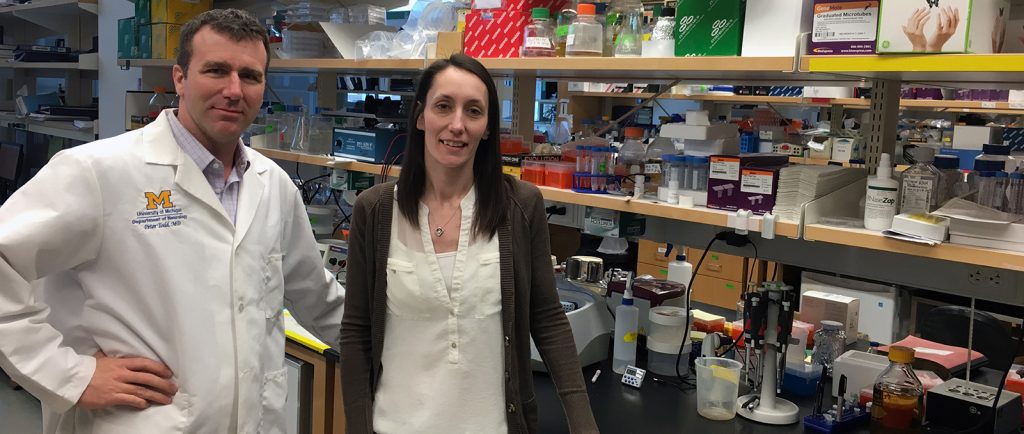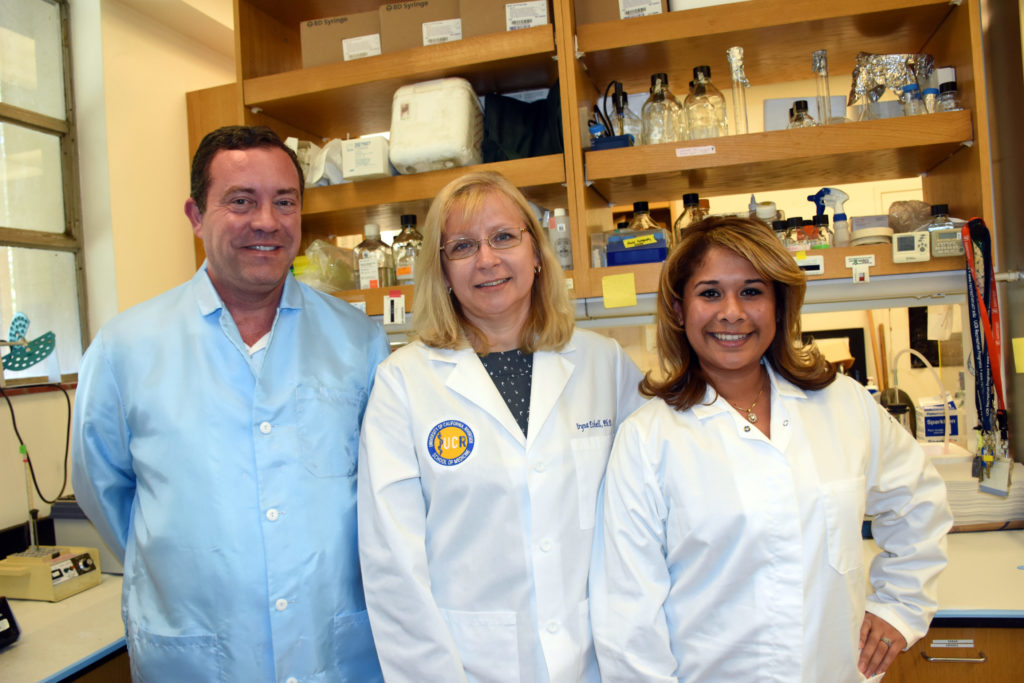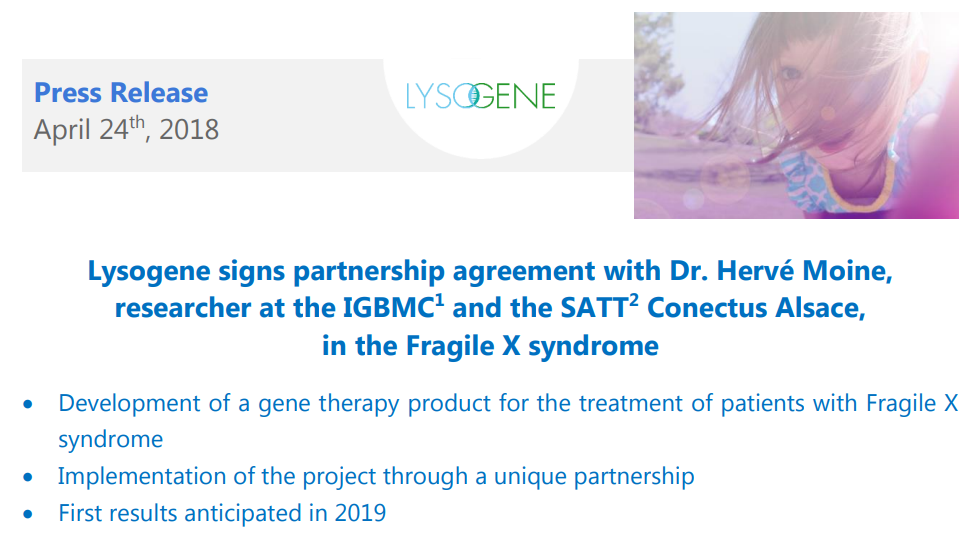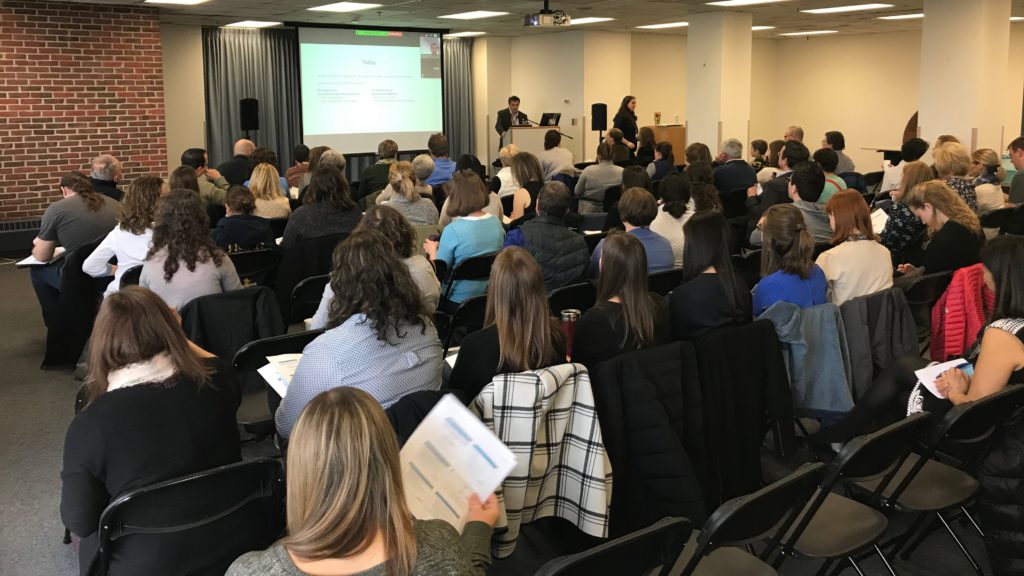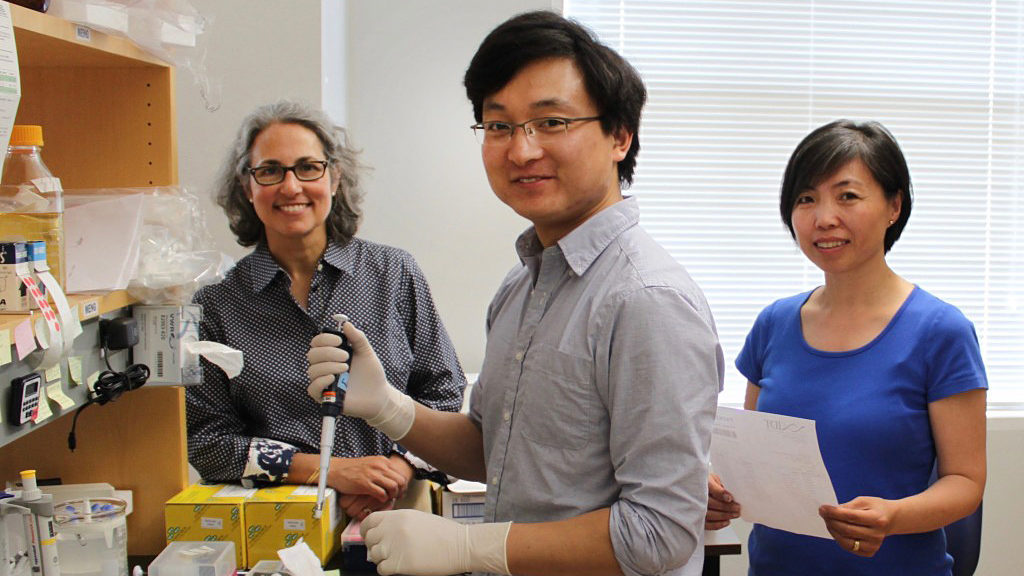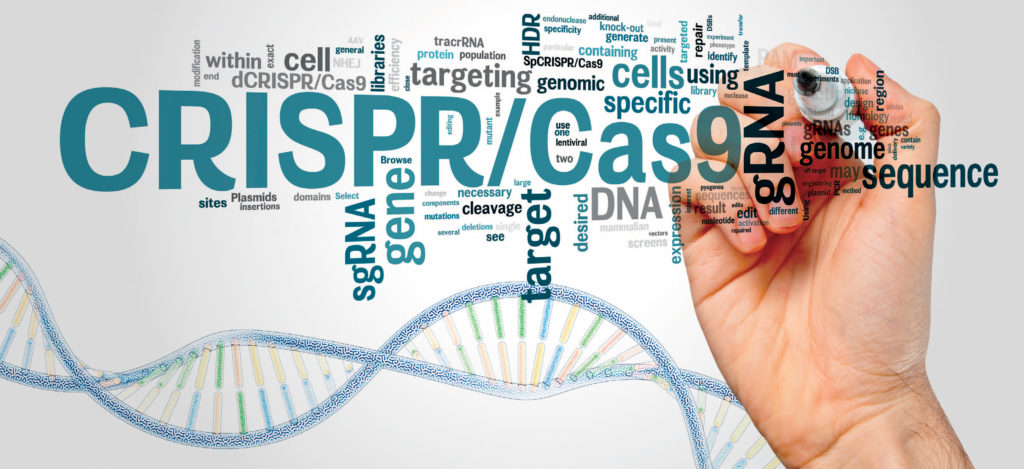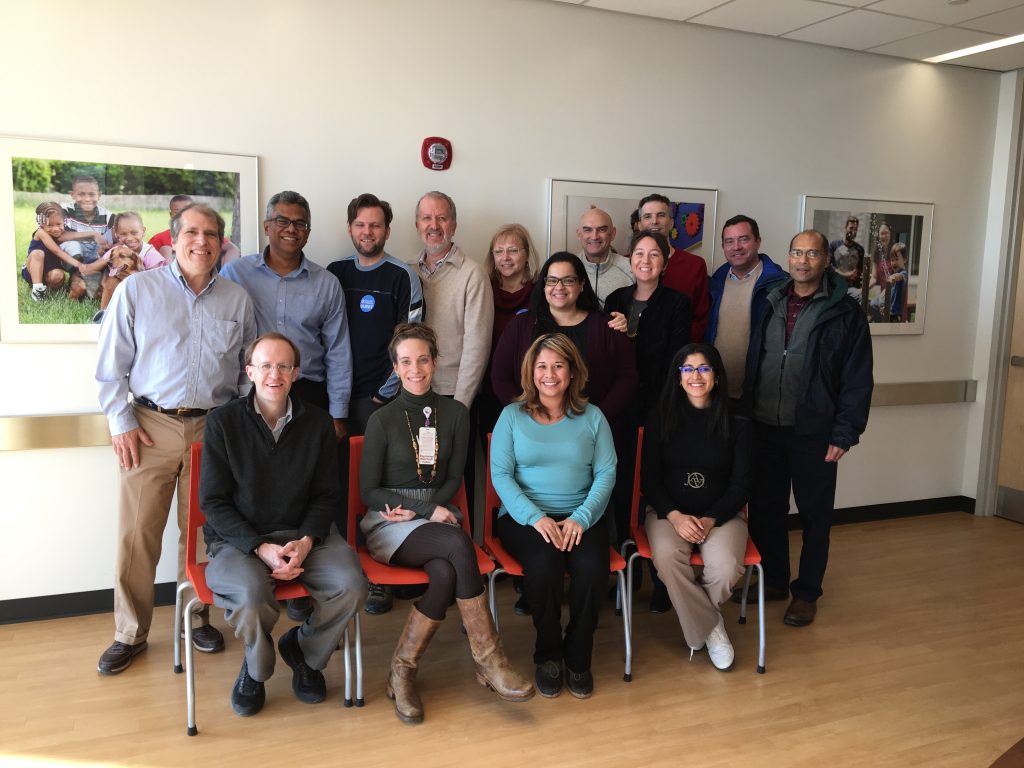Autophagy is a Novel Therapeutic Target of Impaired Cognition in Fragile X Syndrome
FRAXA’s $90K grant enabled Dr. Zukin to link impaired autophagy to Fragile X. Boosting autophagy restored synaptic proteins and reversed cognitive deficits in mice.
Coffee, Tea, and Chocolate: Adenosine Receptors in Fragile X
Could “caffeine-like” drugs help Fragile X? FRAXA funded research to test adenosine blockers, which may boost thinking and improve symptoms in Fragile X mice.
Finding Fragile X Biomarkers – From Transcriptomics to Behavior in Patients
FRAXA funded a study using blood-based transcriptomics to find reliable Fragile X biomarkers. This unique approach links molecular data to behavior for future trials.
Metformin and Aberrant Insulin Signaling in a Fragile X Mouse Model
FRAXA-funded research is revealing how insulin signaling is altered in Fragile X and whether lowering it, including with metformin, could ease symptoms.
Spectrum News – Newly Discovered Aspects of Fragile X Spur Next Wave of Drugs
Many drugs for Fragile X syndrome have failed in large clinical trials, but candidates that target new aspects of the condition may fare better.
Non-Invasive Imaging as a Biomarker for Fragile X Clinical Trials
FRAXA funded MRI research to track brain connectivity changes in Fragile X. This could yield objective biomarkers for testing treatments in mice and humans.
Mega Green Tea Extract to Treat Fragile X?
Green tea is thought to have many benefits, particularly in cognitive function. In 2012-14, FRAXA Research Foundation funded a clinical trial to assess the effects of EGCG (green tea extract) on cognitive function in adults with FXS. Drs. Rafael de la Torre and Mara Dierssen Sotos, principal researchers in Barcelona, Spain, reported memory, attention, and mental flexibility improvements.
How Promising is CRISPR for Fragile X?
Peter Todd, MD, PhD, Assistant Professor in the Department of Neurology in the University of Michigan Medical School, was awarded a FRAXA Research Grant for gene reactivation with the use of CRISPR. In this interview he tells us about CRISPR in Fragile X research, how realistic is it that it could turn the Fragile X gene back on, and if it can really cure Fragile X.
Fragile X Research Impacted by a Small Group of Thoughtful, Committed Citizens
Congrats to FXAM! Their months of effort paid off with a $35K grant to support Dr. Todd’s groundbreaking Fragile X CRISPR research.
Activity-Dependent Translational Profiling in Fragile X Neurons
FRAXA funded new tools at UC Berkeley to track which proteins Fragile X neurons make during signaling, to find targets that improve learning and brain function.
Tetra Discovery Partners Initiates Phase 2 Trial of BPN14770 in Fragile X Syndrome
This 2-Period Crossover Study of BPN14770 is accepting adults males with Fragile X syndrome at Rush University Medical Center in Chicago. Principal Investigator of the study is Elizabeth Berry-Kravis, MD, PhD.
A selective inhibitor of the phosphodiesterase type-4D (PDE4D), BPN14770 has shown the ability to improve the quality of connections between neurons and to improve multiple behavioral outcomes in the Fragile X mouse model.
Aripiprazole as a Treatment for Fragile X Syndrome
Many medications are used to help people with Fragile X cope. But few clinical trials have been done on these drugs. Years ago FRAXA funded Dr. Craig Erickson to run a trial of aripiprazole (aka Abilify). FRAXA guest writer Hannah Miles recently caught up with Dr. Erickson to learn the results of the trial.
Three-Dimensional Model for Identifying Fragile X Treatments
With a $90K FRAXA grant, Emory scientists are creating Fragile X brain organoids—3D human cell models—to reveal disease mechanisms and guide new treatments.
Pharmacological Tolerance in the Treatment of Fragile X Syndrome
FRAXA funded MIT work to probe tolerance to key Fragile X drugs, including mGluR5 inhibitors and arbaclofen, and to identify ways to sustain long-term treatment benefits.
Lysogene Partners with FRAXA Investigator Dr. Hervé Moine to Develop Gene Therapy for Fragile X
A research project funded by FRAXA has led to new fragile x gene therapy initiative, this time in France. Lysogene, a French biopharmaceutical company working to develop gene therapy treatments for brain disorders, is partnering with FRAXA Investigator Dr. Herve Moine to tackle Fragile X syndrome.
FRAXA Funded Researchers Present at MA Fragile X Conference
Boston Children’s Hospital hosted a Fragile X conference with FRAXA-funded researchers Dr. Craig Erickson & Dr. Carol Wilkinson presenting.
FRAXA Research Grants Drive Big Investments in Fragile X
Most people know that FRAXA supports academic research at many institutions such as Harvard University, University of Pennsylvania, Massachusetts Institute of Technology, and Yale University. However, FRAXA is also working with more than 30 pharmaceutical companies around the world. Mike spends a lot of his time advising and collaborating with industry partners.
Can CRISPR Cure Fragile X Syndrome?
CRISPR/Cas9 was used by MIT researchers to remove the molecular tags that keep the mutant gene shut off in Fragile X syndrome neurons and resulted in some of them producing protein normally. Much work is being done right now, with exciting new discoveries coming at a fast and furious pace.
Impact of the Fragile X Community
Because of you, FRAXA invests $1M+ each year in Fragile X research and helped launch $35M more in studies leading to clinical trials.
Fragile X Clinical Trial of AZD7325 in Adults
FRAXA funded a trial of AZD7325, a drug that boosts GABA(A), in adults with Fragile X. Led by Dr. Craig Erickson, it also tested innovative biomarkers for future trials.
CRISPR Reactivation of the Fragile X Gene
“We are trying to target the first event that goes wrong in Fragile X syndrome”, says Todd, “One reason our previous attempts to develop treatments for Fragile X syndrome have failed is that they’ve tried to target the downstream effects of losing the Fragile X protein. The protein does many things… bypassing all the functions that it normally takes care of has proven difficult from a pharmacologic perspective.”


